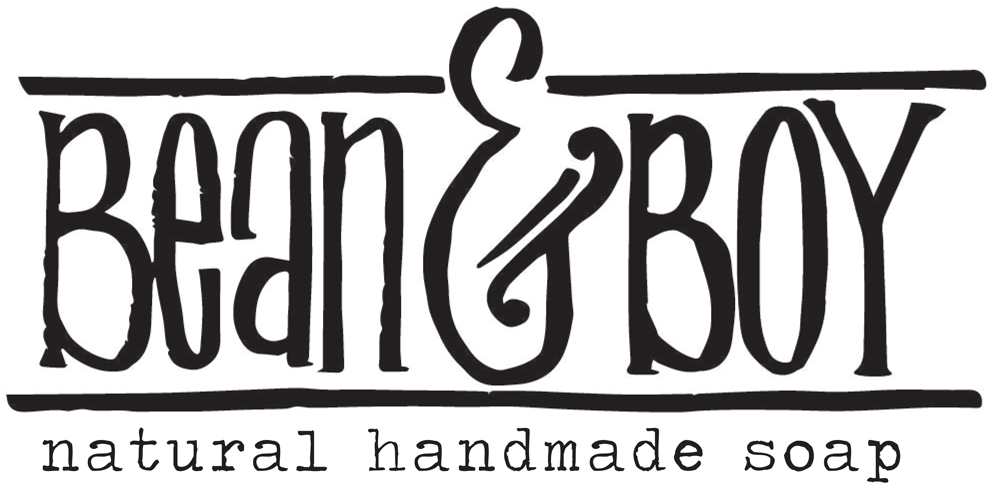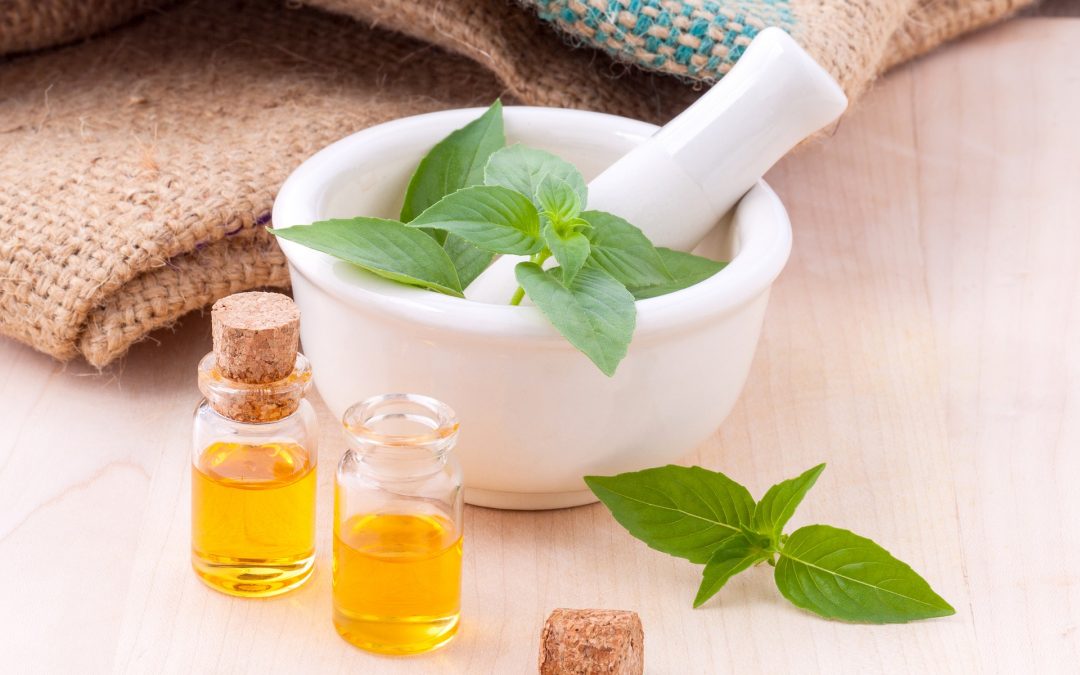We are often asked about the difference between essential oils and fragrance oils. Many soapmakers use fragrance oils, but we here at Bean & Boy only use essential oils. That means we aren’t able to create artifically-enhanced soaps that smell like chocolate (regularly requested!) or vanilla which can be disappointing for some, but we promise that there’s a good reason for this.
So what’s the big difference between essential oils and fragrance oils?
Essential oils are derived from plants, flowers, barks, resins, fruit, leaves, and more through different methods, but usually steam distillation. Each essential oil is made up of complex naturally occurring chemicals and components, but they’re all based in nature and come from the earth. The process of extracting essential oils is long, and expensive. As a result, pure essential oils are very expensive too.
Availability of sustainable essential oils depends entirely on the natural environment and is subject to impact from other environmental factors. For example, sustainable plantations are regulated so harvesting might be halted, or crops might be affected by fire or drought.
Fragrance oils or perfume oils are manufactured synthetic scents. They are usually used to mimic scents found in nature that you can’t get from essential oils – chocolate and strawberry are popular fragrance oils – but they aren’t completely natural. They are also available pre-blended so you can open a bottle and get a whiff of “summer rain” or “evening sunset”. Some fragrance oils can contain hundreds of different chemical ingredients used to synthesise a scent, and many of these are allergens for some. Fragrance oils are inexpensive and readily available.
Why we use Essential Oils
We use essential oils when making our all-natural cold process soap. Here are three reasons why:
1. Essential Oils are used in Aromatherapy
In aromatherapy, essential oils are used to positively enhance mental and physical well-being. The oils that we choose to use in our soaps are all chosen for their particular attributes – like lavender for its calming effects, tea tree for its restorative and healing properties, and lemongrass for its brilliant natural energy boost.
Many fragrance oils can look and smell like their natural counterparts, they don’t retain any of the positive mental and physical effects of essential oils. A natural lavender essential oil is widely used in aromatherapy practices, but a synthetic lavender fragrance oil doesn’t have any of those benefits – even though it smells very similar!
2. Essential Oils are derived from Nature
Essential oils are natural in origin, and we are committed to using natural ingredients in our soaps. We originally started making soap for our children who suffer from eczema, and anything with artificially-created fragrance oils would immediately trigger a bold red rash and flare up. They may not react the same way in others, but we chose the natural route for our own family and decided to stick to that when we started making soap for others too. As a synthetic compound, a fragrance oil can be drying and irritating to the skin, especially for sensitive skin sufferers.
3. We only plant-based ingredients in our soap
All essential oils are derived from plants in some form or another – leaves, bark, stems, flowers, petals, etc. Although synthetic in composition, some fragrance oils use plant-based ingredients too. However, many fragrance oils also contain animal-based ingredients which aren’t immediately evident as animal matter (labelled only as “sterols” or “stearyl alcohol”). We only use plant-based ingredients in our soap, so we stick to vegan-friendly and cruelty-free essential oils so that we know what we’re putting in.
We’ll be launching our blog series on essential oils in the coming weeks, so check back regularly to find out more about the essential oils we’ve chosen to use and why they’re so great for you.



